Thomas Wilson (1563–1622) was an Anglican rector at St. George the Martyr (Church) in Canterbury from 1586 until his death.
His most important work was “A Christian Dictionary,” one of the earliest attempts to write a concordance of the Bible in English.
This year marks the 400th anniversary of his death.
Wilson was born to Edward and Agnes Godmont Wilson in 1563 in Durham, England. At the age of 18 he entered the Queen’s College, Oxford, where Henry Robinson, an English cleric and later the bishop of Carlisle, paid for his education. In 1584 Wilson graduated with a bachelor’s degree and two years later earned a master’s degree. He became chaplain of the college and was ordained in 1585.
Sole pastorate
Through the influence of Robinson, the next year Wilson was appointed rector of St. George the Martyr, serving at this, his only pastorate, for 36 years. Wilson loved his congregation and was an industrious worker, preaching three or four sermons every week and sometimes every day of the week. Because he was popular with the Puritans, the archbishop of Canterbury sometimes received complaints that Wilson was a nonconformist.
He married his wife Rebecca in 1587. They had three children before she died in 1591. He married Christian Ower the next year, with whom he had eight children. His second wife outlived him.
Most of his 11 children emigrated to New England.
Wilson wrote several important books, including the dictionary, which went through six editions. When the Pilgrims traveled on the Mayflower in 1620, some of them took the book with them.
Prolific writer
Wilson spent seven years writing “Epistle to the Romans,” which is in the form of a dialogue between Timothy and Silas. Other books include “Degrees of God’s Eternal Purpose,” “A Dialogue About Justification by Faith” and “Called to be Saints.”
He died at Canterbury in January 1622 and was buried in his own churchyard.
William Swift, rector of St. Andrew’s in Canterbury, preached Wilson’s funeral sermon, referring to him as “a judicious divine, sound in the truth and an excellent interpreter of Scripture; a professed enemy to idolatry, superstition and all false worship.”
Wilson’s last words were concern about his congregation: “With his dying breath he prayed that God would provide for them a faithful shepherd, to feed them with knowledge and understanding.”

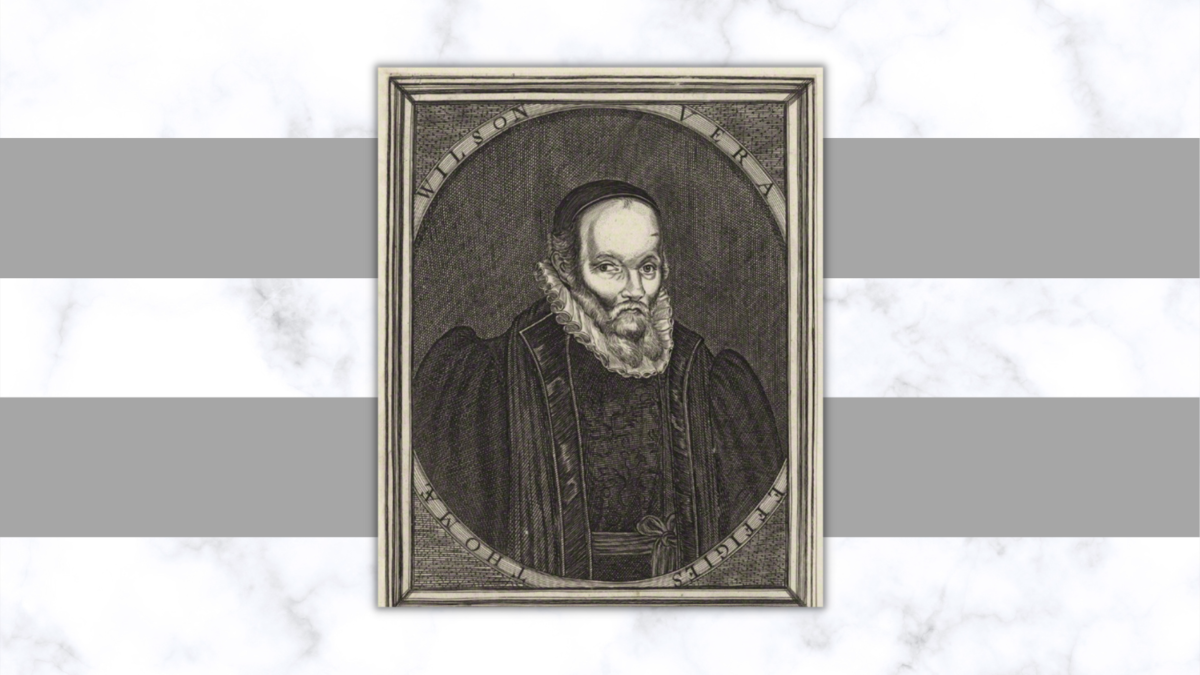
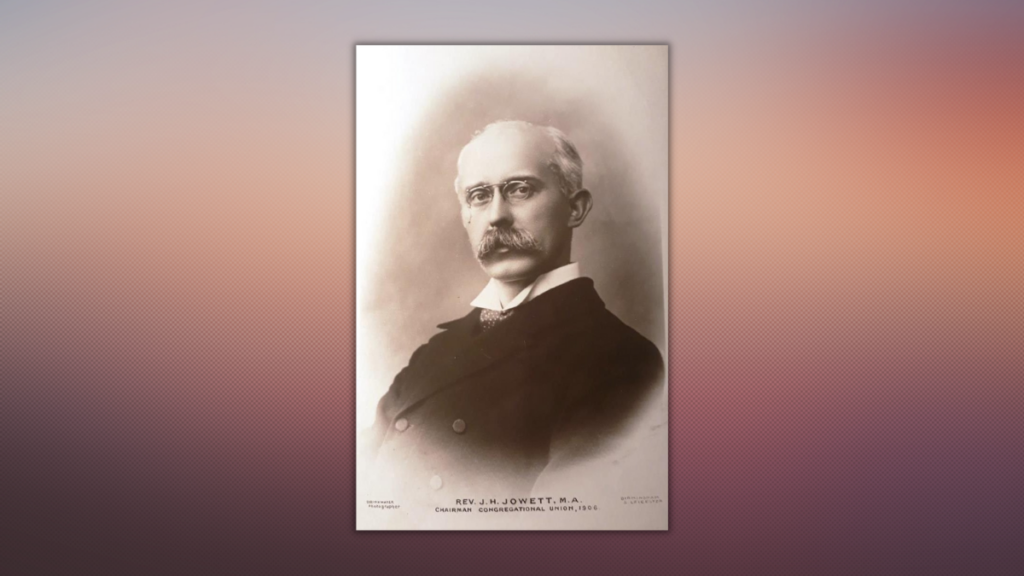
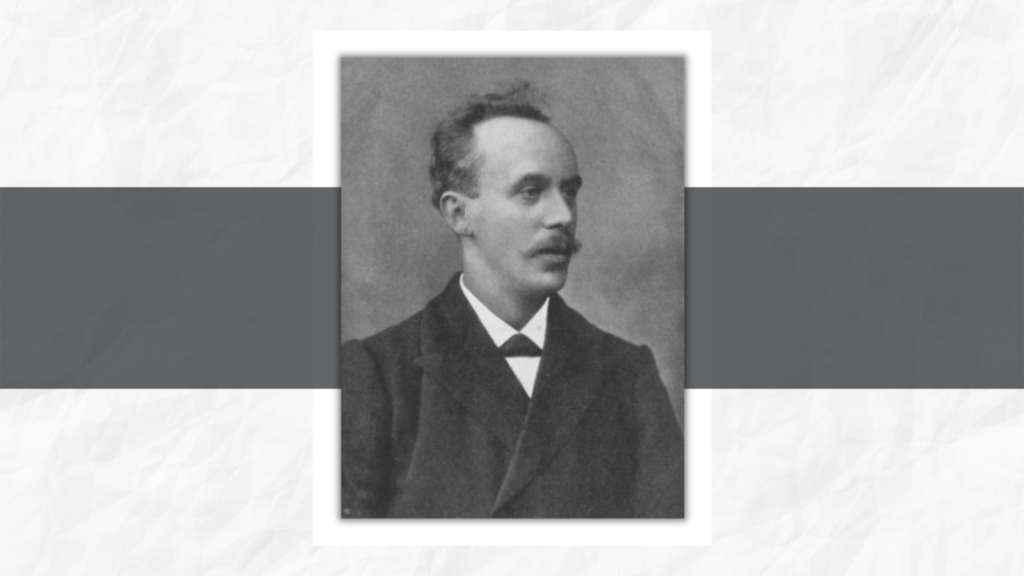
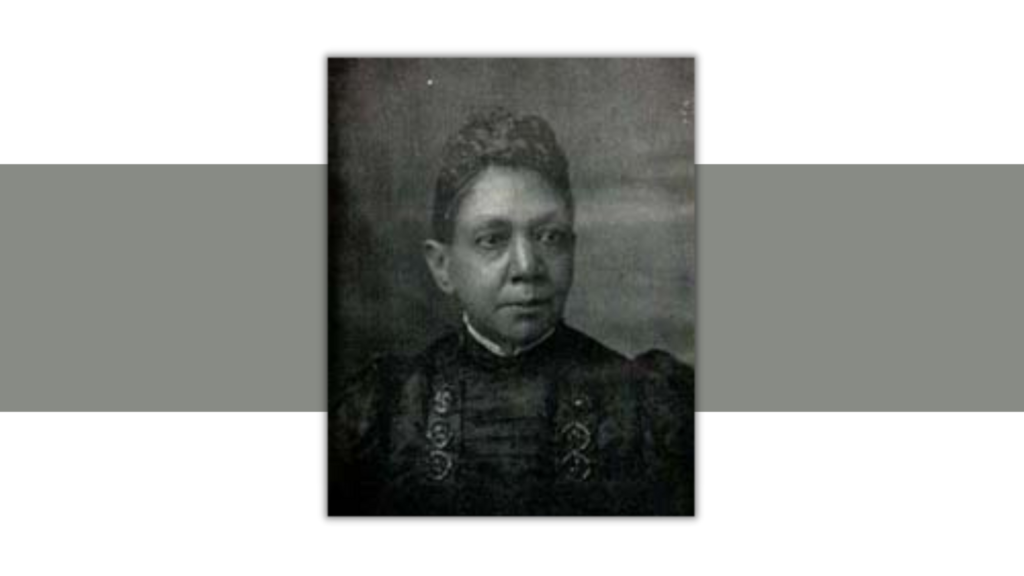
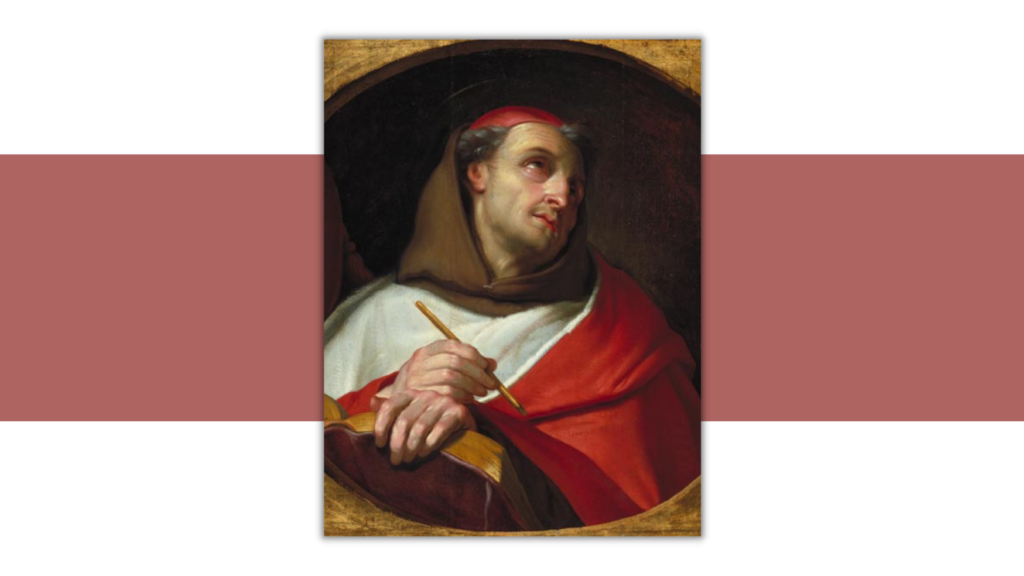
Share with others: